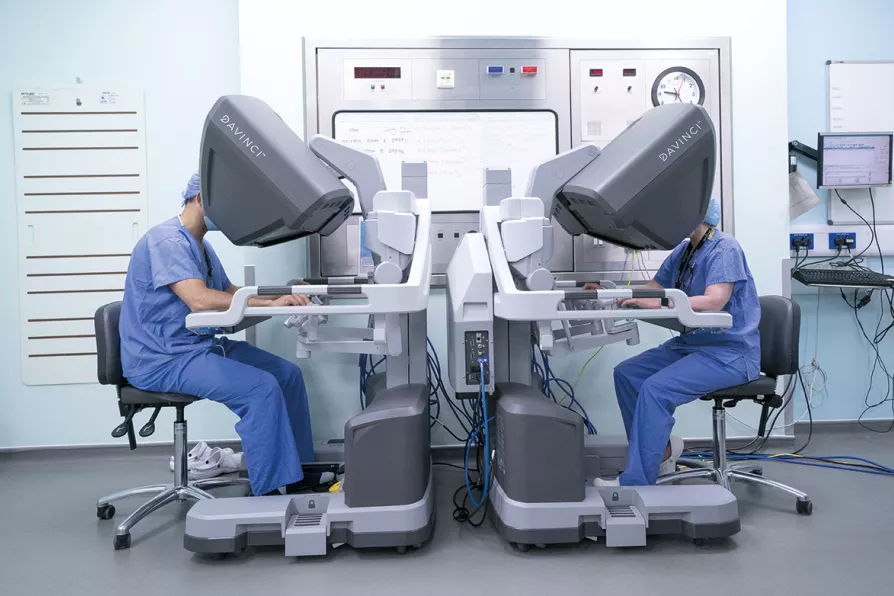John Wojcik pays tribute to a black US activist who spent six decades at the forefront of struggles for voting rights, economic justice and peace – reshaping US politics and inspiring movements worldwide


FOR those of us that believe that people are the future of humanity, robots and machines present a challenge — and an ambivalent prospect. The industrial revolution, in which machines were introduced on a huge scale, changed the relationship of the working and capitalist classes, as well as the relationship between workers and their labour.
The invention of machines has in some ways improved the quality of human lives. However, the net benefit seems impossible to calculate: machines are used, in practice, not to improve lives, but to increase capital. Today billions live half-controlled by machines.
In our last column, we discussed the consequences of automation applied to personal communication in the form of chat bots. Robots of all forms are also big news in the practice of science.

JOHN GREEN’s palate is tickled by useful information leavened by amusing and unusual anecdotes, incidental gossip and scare stories

A maverick’s self-inflicted snake bites could unlock breakthrough treatments – but they also reveal deeper tensions between noble scientific curiosity and cold corporate callousness, write ROX MIDDLETON, LIAM SHAW and MIRIAM GAUNTLETT
Science has always been mixed up with money and power, but as a decorative facade for megayachts, it risks leaving reality behind altogether, write ROX MIDDLETON, LIAM SHAW and MIRIAM GAUNTLETT










